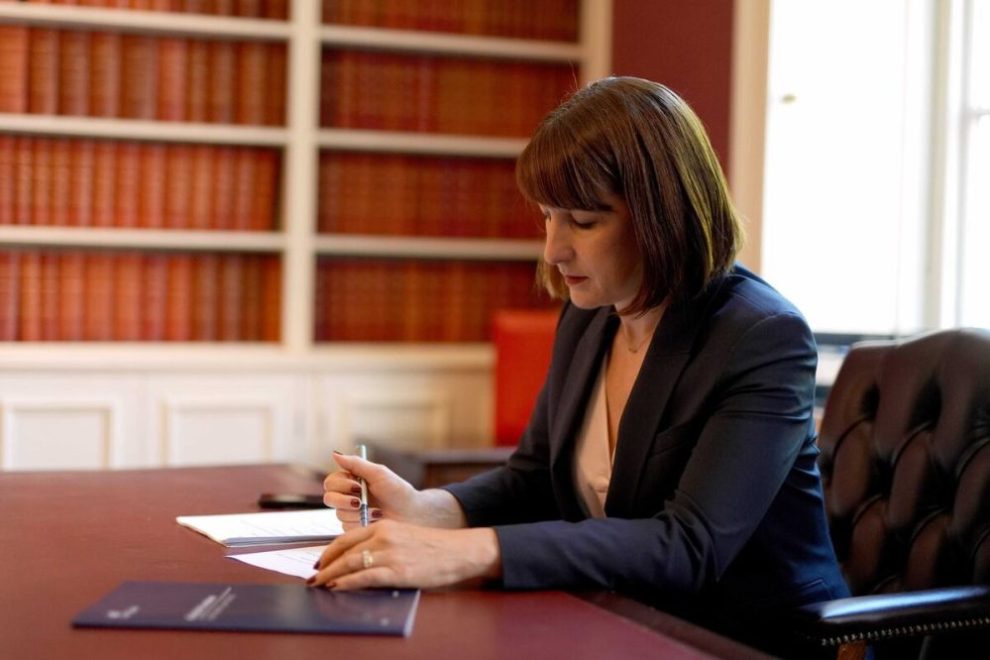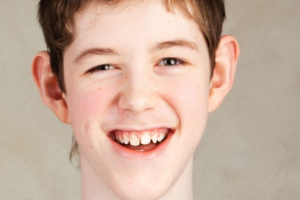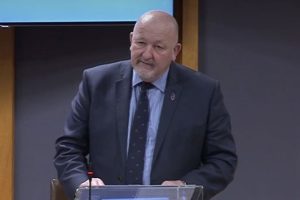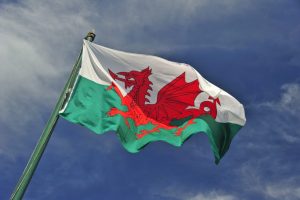Chancellor Rachel Reeves has hailed a stronger-than-expected rise in UK economic growth as a sign the country is “beginning to turn a corner”. Official figures show the economy grew by 0.7% in the first quarter of the year — ahead of the 0.6% forecast — driven by a boost in consumer spending and a resurgence in business investment.
Speaking to the BBC, Ms Reeves said the figures were “very encouraging” and pointed to the UK being “set to be the fastest growing economy in the G7 in the first three months of this year”. However, she acknowledged that challenges remained. “We still have more to do. I absolutely understand that the cost of living crisis is still real for many families, but the numbers today do show that the economy is beginning to turn a corner.”
While the figures mark a promising start to the year, they also precede a raft of policy and market pressures that could dampen future performance — including fresh US import tariffs and a rise in UK employer taxes from April.
The Office for National Statistics (ONS) highlighted that the UK’s dominant services sector — spanning industries such as retail, hospitality and finance — was the main contributor to the growth. Export volumes also showed signs of recovery, climbing 3.5% in the quarter after three straight periods of decline.
Liz Martins, senior UK economist at HSBC, expressed cautious optimism. “Business investment is up nearly 6% on the quarter and the service sector is doing well as well. So it’s not just manufacturers selling to the US to get ahead of the tariffs,” she told BBC Radio 4’s Today programme.
However, analysts warned the surge may not be sustained. Paul Dales of Capital Economics described the strong figures as potentially “as good as it gets for the year,” noting that much of the activity appeared to have been brought forward to avoid the impact of new tariffs and higher domestic taxes.
John Inglis, founder of precision toolmaker Exactaform, which employs 100 people and operates a US factory, said the current uncertainty was affecting strategic planning. “We’ve got tariffs. We don’t know which way we’re going – 10% off a margin is quite a lot.” On the rise in employers’ National Insurance contributions, he said, “I don’t mind putting in extra… but it’s all niggling away at the profit you need to expand.”
Similarly, Annabel Thomas, chief executive of Nc’nean Whisky Distillery in Scotland, said she remained “reasonably confident” about prospects, citing expectations of further UK interest rate cuts as a potential boost for household finances. Her business has opted to absorb the cost of US tariffs to keep prices stable overseas.
The Labour government, which took office last year, has made economic growth its central mission. However, its decision to raise employers’ National Insurance rates has drawn criticism from business groups and political opponents alike.
Shadow Chancellor Mel Stride was quick to temper the government’s celebratory tone. “It’s a bit premature to be popping the champagne corks,” he said, branding the NI increase a “jobs tax”. “Labour inherited the fastest-growing economy in the G7, but their decisions have put that progress at risk,” he added.
Liberal Democrat Treasury spokesperson Daisy Cooper welcomed the data as “positive news” but cautioned that “there is no time for complacency”. Meanwhile, Reform UK deputy leader Richard Tice warned the full effects of the April tax rises were yet to be felt: “It won’t be pretty,” he said.
Last week, the Bank of England reduced interest rates from 4.5% to 4.25%, hinting at further cuts in the months ahead. However, the unexpectedly robust GDP figures have led markets to scale back expectations of further reductions. This shift has affected swap rates, which heavily influence fixed mortgage pricing. Lenders such as TSB have already signalled they will raise rates later this week.
Despite the improved outlook, economists stress that the road ahead remains uncertain — with policy decisions, global pressures and cost-of-living strains all shaping the trajectory in the months to come.














